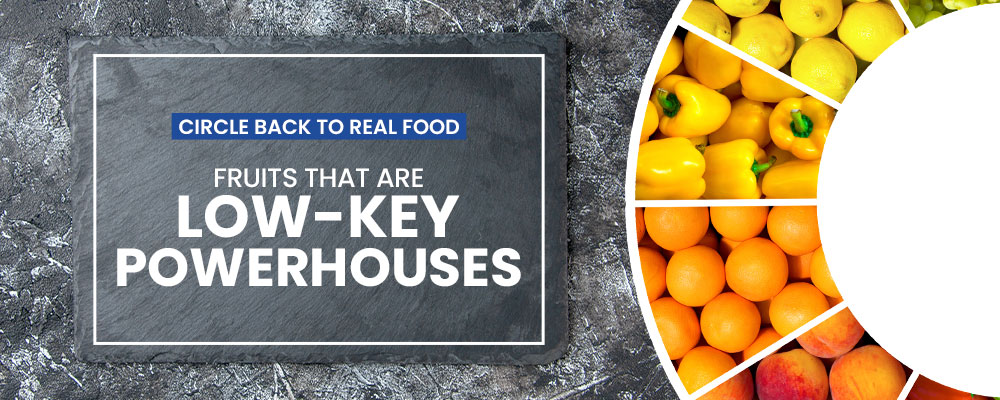Monthly Archives: January 2025
- January 15, 2025
The ketogenic diet has gained widespread recognition for its potential to enhance health, particularly by supporting weight management and sustained energy levels. A traditional keto diet, heavily reliant on animal-based products, has a significant carbon footprint. For example, beef production generates approximately 16 kg of CO²e per kilogram, lamb about 17 kg CO²e, and butter nearly 17.6 kg CO²e. In comparison, plant-based alternatives such as lentils or tofu are far less taxing on the planet, with emissions ranging from 0.9 to 2 kg CO²e/kg.But can a keto diet be optimized to align with both personal health and sustainability? Read on to get a guiding light on keto for busy professionals while still balancing personal and planetary wellness.
1. Understanding Keto: The Science Behind the Diet.





